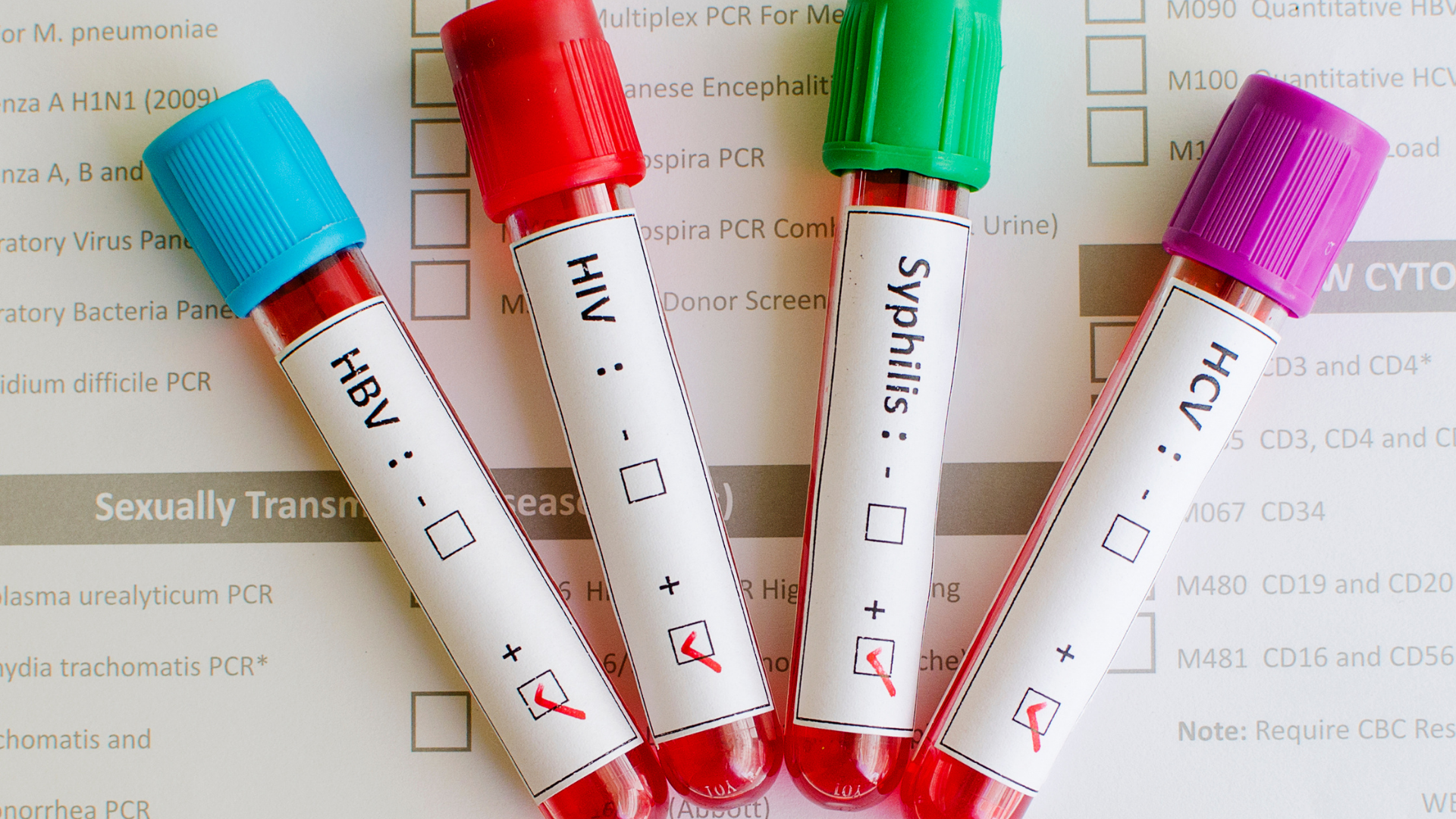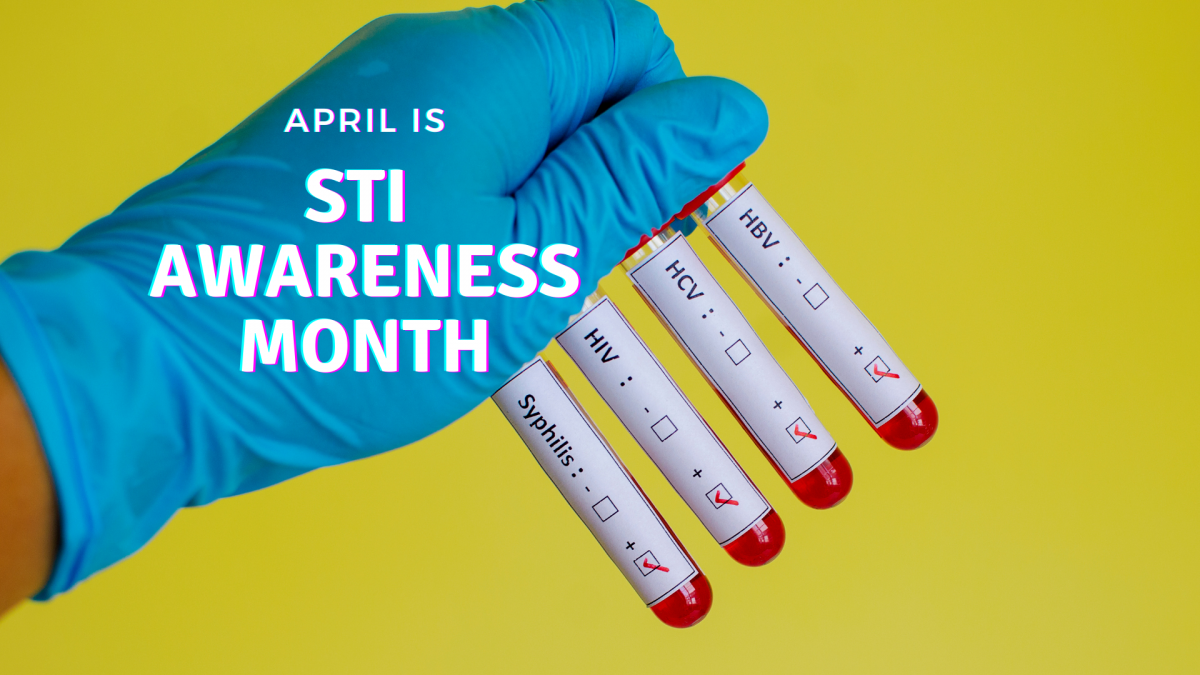Sexually transmitted infections (STIs), also known as sexually transmitted diseases (STDs) are infections that are spread by sexual contact. April marks National STI Awareness Month, a campaign sparked by the Centers for Disease Control and Prevention as an effort to counter the high rates of sexually transmitted infections.
STIs are common, but people may not know they have an STI because many don’t have symptoms. But left undetected and untreated, STIs can cause serious health consequences. For example, chlamydia or gonorrhea left untreated can put a woman at risk for pelvic inflammatory disease, a condition that can lead to infertility.
April marks National STI Awareness Month, a campaign sparked by the Centers for Disease Control and Prevention as an effort to counter the high rates of sexually transmitted infections. STI Awareness Month also provides an opportunity to raise awareness about STDs and how they impact our lives; reduce STD-related stigma, fear, and discrimination; and ensure people have the tools and knowledge to prevent, test for, and treat STDs.
On this STI Awareness Month, The American Sexual Health Association (ASHA) is drawing attention to the importance of STI testing. People with multiple sexual partners, those who think they may have been exposed, those who’ve had unprotected sex with a partner whose health status was unknown, or anyone who has symptoms of an STI should definitely get tested. Anyone who is sexually active is at risk for getting and spreading an STI. To learn what tests are recommended for you, you can talk to your healthcare provider and get tested.

Testing for STIs is No Big Deal. Testing is easier than you’d think, and because many STIs don’t have symptoms, it’s the only way to know for sure. Getting tested is a part of staying healthy. Testing for STIs:
- QUICK & PAINLESS
It’s usually just a quick swab or pee in a cup.
- FREE OR CHEAP
Most insurance covers STD testing. There are also lots of free clinics—just check our locator.
- CONFIDENTIAL
If you want to keep it to yourself, you can. No one needs to know.
- THERE’S NO WAY TO FAIL
Testing positive for an STD is just the first step toward treating it. And with common STDs, like chlamydia or gonorrhea, antibiotics can usually do the job.
- BETTER NOW THAN LATER
The real problem is when STDs go undiagnosed. Take chlamydia—it can lead to a serious condition called pelvic inflammatory disease that can cause infertility when left untreated.
Sexually Transmitted Infections (STI) and Sexually Transmitted Diseases (STD) mean the same thing and that is a disease that is spread through sexual activity (includes all types of sex vaginal, anal, and oral). You can reduce your risk for STIs by using condoms everytime you have sex.
Reference:
- CDC. (2022). STD Awareness Week.
- District Health Departement. April is STI Awareness Month.
- YES MEANS TEST. (2022). FIND FREE, FAST, AND CONFIDENTIAL TESTING NEAR YOU




